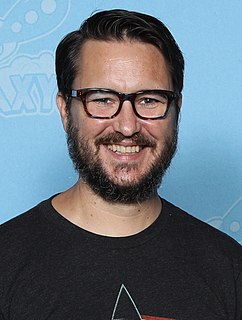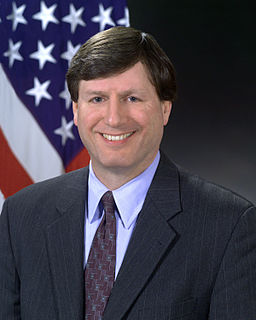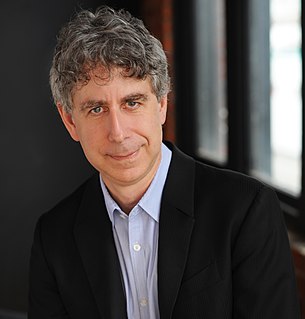A Quote by Wil Wheaton
To be sure, anonymity online has it uses and is very important. Governments hoover up people's telephone and e-mail records without oversight, and companies track astonishingly granular personal information.
Related Quotes
The government can now delve into personal and private records of individuals even if they cannot be directly connected to a terrorist or foreign government. Bank records, e-mails, library records, even the track of discount cards at grocery stores can be obtained on individuals without establishing any connection to a terrorist before a judge. According to the Los Angeles Times, Al Qaeda uses sophisticated encryption devices freely available on the Internet that cannot be cracked. So the terrorists are safe from cyber-snooping, but we're not.
I just kind of had my own impressions growing up with Hoover as a heroic figure in the 40s - actually the 30s, 40s, and 50s and beyond - but this was all prior to the information age so we didn't know about Hoover except what was usually in the papers, and this was fun, because this was a chance to go into it [ during filming 'J. Edgar Hoover' ]
If your plumber or pool installer or local appliance store uses HubSpot software, HubSpot may be holding information about you without you even knowing it. We figure we're safe when we use online services. We figure we can trust the people who run them not to snoop on us. I used to believe that. I don't anymore.
Whether it's by helping us search for health-related information, connecting us with doctors through online portals, or enabling us to store and retrieve our medical records online, the Internet is starting to show the promise it has to transform the way people interact with and improve their own health and wellness.
Governments can can send inspectors to companies. Governments can put legal requirements in place to disclose information that consumers and workers and other interested people need. Non-governmental organizations don't have that legal power and to me, that's what imposes substantial limitiations on how far we can go with trying to keep corporations accountable though non-governmental measures.
The micro-compositions are the pieces themselves, but the macro-composition is the whole set of them and how it moves from track to track and how the titles relate to one another, for example. Always when I do records like this of a selection of instrumental pieces - the titles, to me, are very important.



































